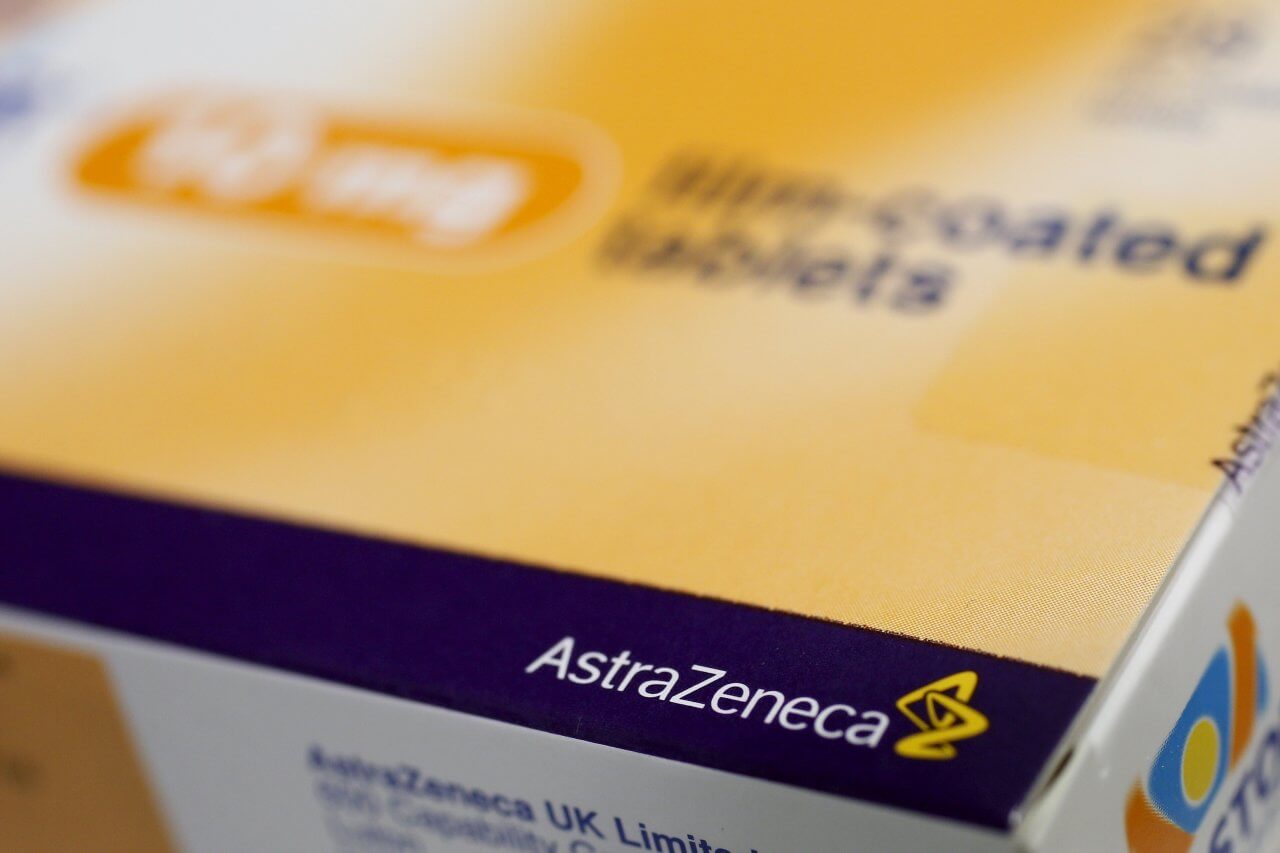It seems AstraZeneca just can’t catch a break this summer. After a tumultuous few months, the company reported a $3 million loss in the second quarter of 2016, from April through the end of June. Compared to this time last year, the company has experienced an 11% decrease in revenue.
Last month, the Centers for Disease Control and Prevention (CDC) warned against using AstraZeneca’s popular FluMist nasal spray flu vaccine after evidence found it was less effective than traditional flu shots. This was a devastating blow to the company that supplied nearly one-third of all flu vaccines to children in the U.S.
AstraZeneca has also been struggling with its famous “purple pill” heartburn medication Nexium. The company’s patent on the drug expired in May 2014, and ever since the company has been competing with many cheaper generic alternatives. While Nexium was once a blockbuster drug for the company, it is now the subject of many mass tort lawsuits after it was discovered prolonged use of the medication can cause chronic kidney disease, kidney failure, and other kidney injuries. To make matters worse, a recent study in the International Journal of Rheumatic Diseases found patients who take Nexium are also at an increased risk of developing osteoporosis, making their bones weak and brittle.
But AstraZeneca isn’t just struggling in the U.S. The United Kingdom’s historic vote to leave the European Union has thrown the pharmaceutical and medical device industries into a sea of uncertainty. It is uncertain whom or what will regulate these industries in the UK, but the company is trying desperately to pick up the pieces.
What contributed the most to AstraZeneca’s $3 million loss was the company’s battle over the exclusive rights to Crestor. Crestor has been a blockbuster cholesterol drug for AstraZeneca, accounting for 20% of the company’s overall sales last year. However, AstraZeneca’s patent expired this summer, and all of the company’s attempts to block generic versions of the drug failed. Since a generic version of the drug launched in May, Crestor’s sales have been down 29%.
Although AstraZeneca is plagued with problems, its Chief Executive, Pascal Soriot, is optimistic. Relying on new medications currently in development, Mr. Soriot plans on increasing sales to $45 billion by 2023, compared with $26 billion in 2015. Whether or not this lofty goal will be achieved is undetermined, but if the company can’t quickly recover from its summer woes, the odds are not in its favor.

